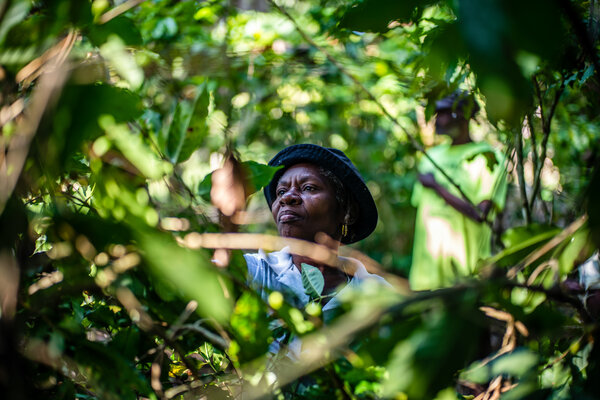We found that Haitians paid about $560 million in today’s dollars. But that doesn’t nearly capture the true loss. If that money had simply stayed in the Haitian economy and grown at the nation’s actual pace over the last two centuries — rather than being shipped off to France, without any goods or services being provided in return — it would have added a staggering $21 billion to Haiti over time, even accounting for its notorious corruption and waste.
For perspective, that’s much bigger than Haiti’s entire economy in 2020.
We shared our findings and analysis with 15 leading economists and financial historians who study developing economies and how public debt affects their growth. All but one either agreed with our $21 billion estimate, said it was squarely within the range of possibilities, or considered it conservative. A few suggested additional ways of modeling, which mostly showed far bigger long-term losses for Haiti.
For perspective, that’s much bigger than Haiti’s entire economy in 2020.
We shared our findings and analysis with 15 leading economists and financial historians who study developing economies and how public debt affects their growth. All but one either agreed with our $21 billion estimate, said it was squarely within the range of possibilities, or considered it conservative. A few suggested additional ways of modeling, which mostly showed far bigger long-term losses for Haiti.



